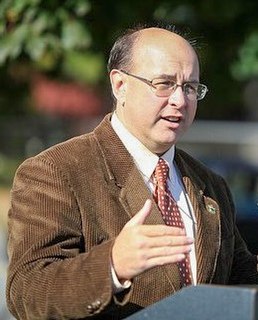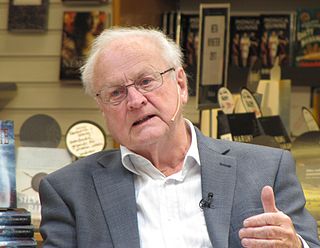A Quote by Martin Cooper
Cellular phones will absolutely not replace local wire systems.
Quote Topics
Related Quotes
The dynamic is unmistakable: fixed lines for phones have been declining at a three-percent rate for the last several years, while the number of Americans opting for cell phone calling keeps increasing. If you are a fixed line provider this trend means trouble. Many of the fixed mobile convergence strategies under consideration end up utilizing a smart phone or dual-mode VoWLAN/Cellular phone that works like a landline phone in the local area and then converts to cell phone calling.
We have all the technology to record things in the streets. Now the historians cannot twist it or change it, because we have cellular phones or video cameras, and we are filming in the streets what's going on. We have the voices of everybody recorded. There's too much recording and I think that's wonderful.
Until part of your paycheck is regularly paid in Bitcoin, I'm not sure how it would really go mainstream. I can imagine places in the world where there are not functioning banking systems or payroll systems, where it could go mainstream first because you're not trying to replace the way people are already doing something.

































